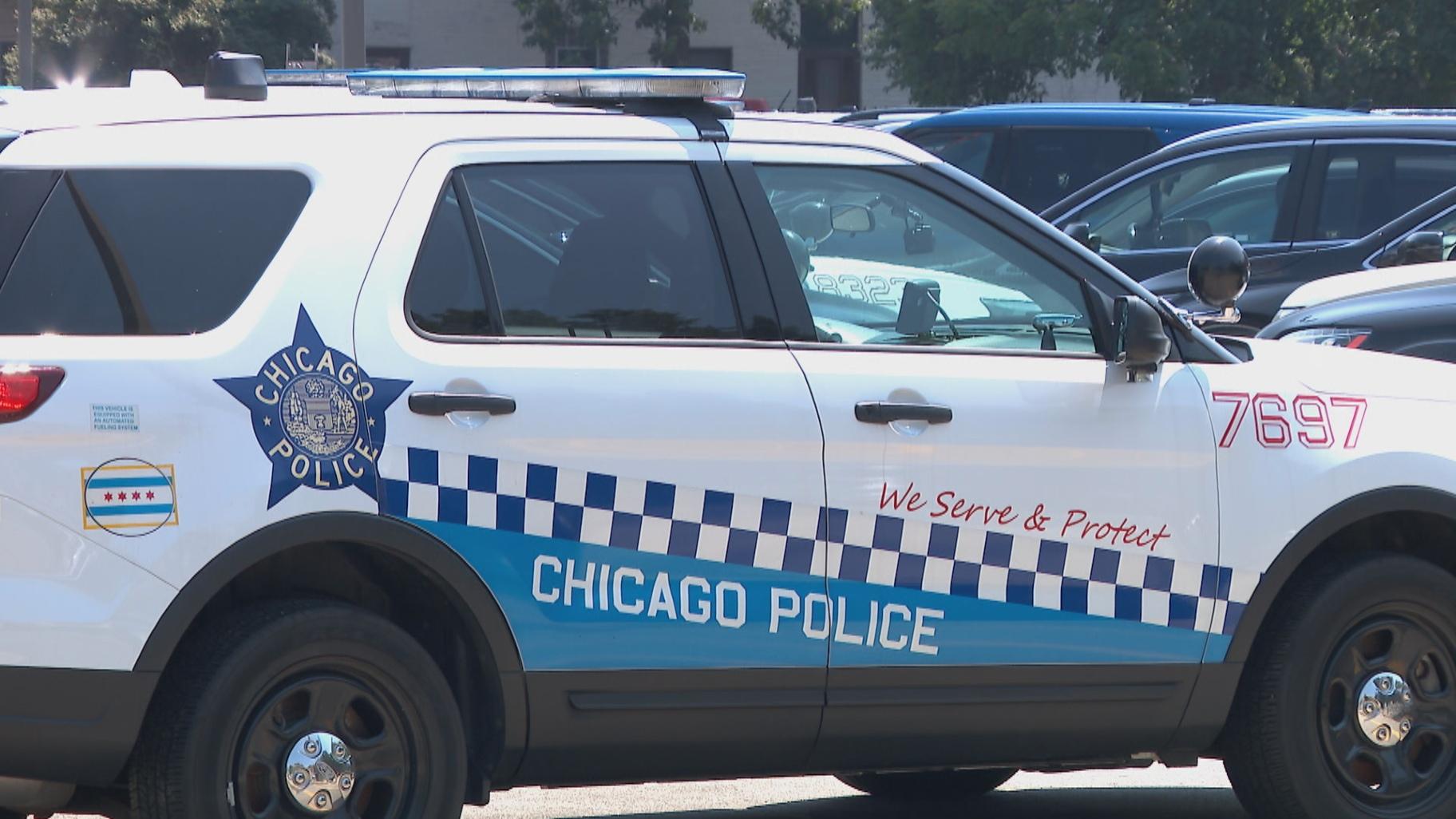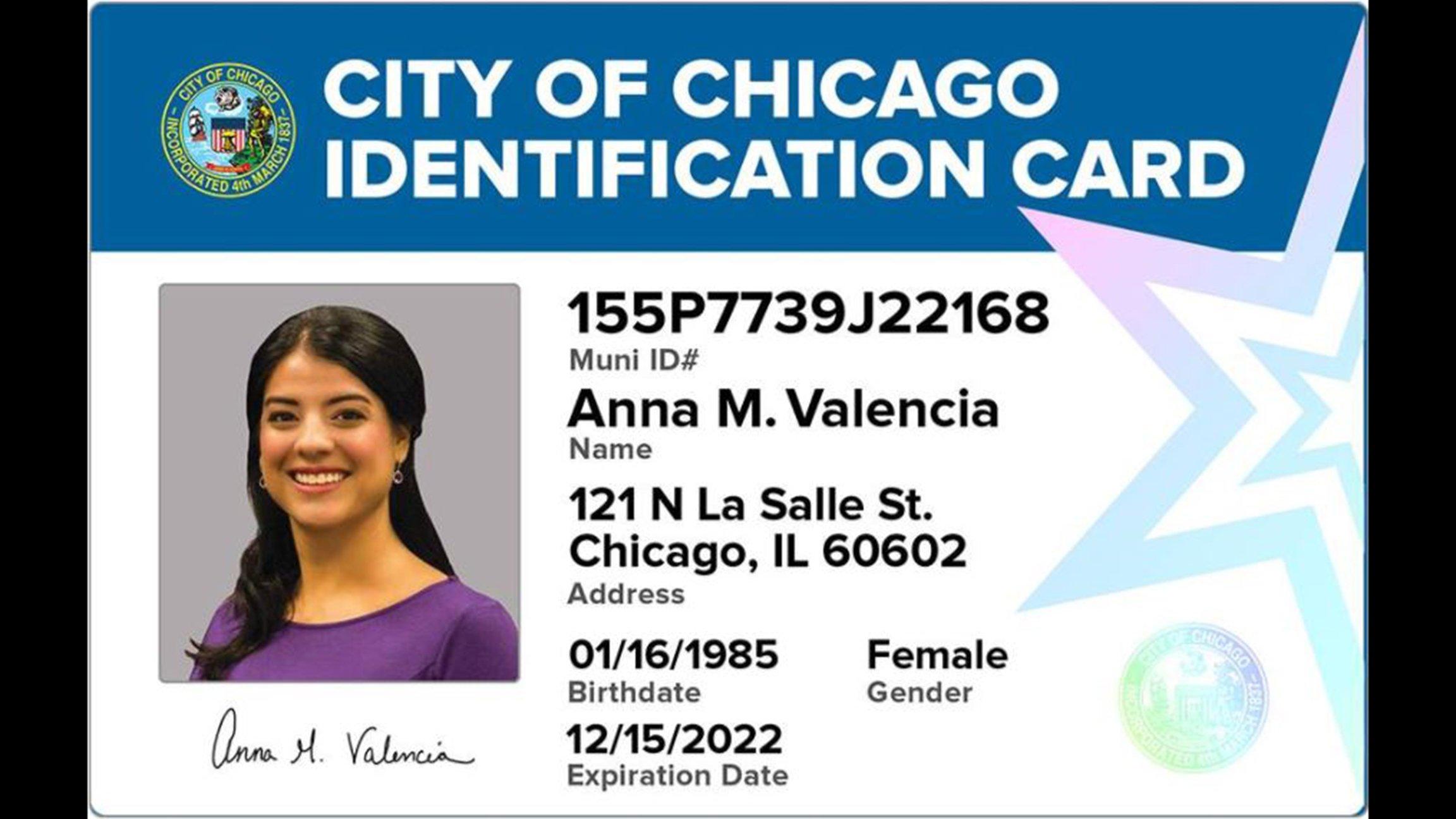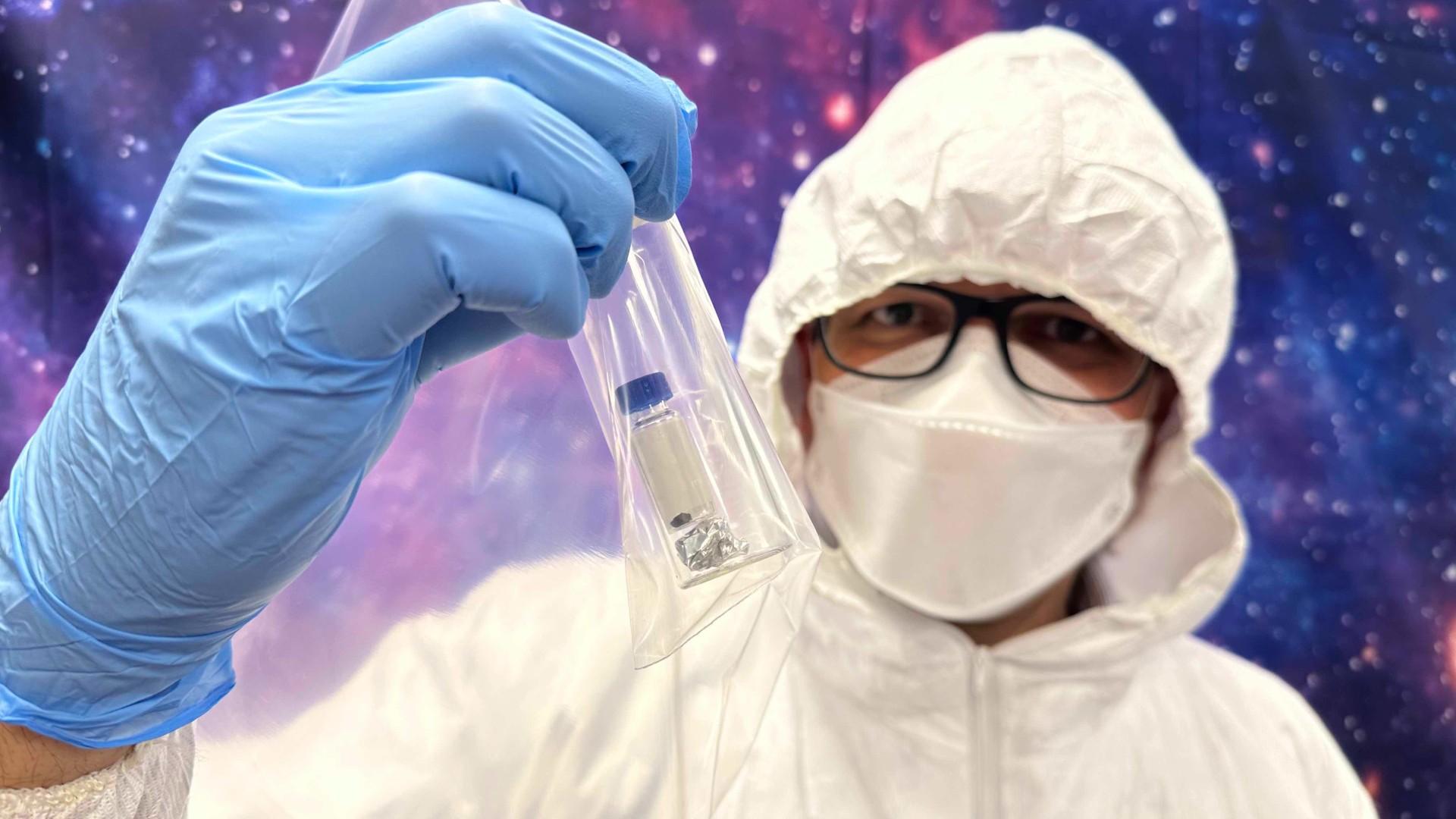|
Good morning, it’s Monday. WTTW News has the latest on CPD shootings, an update on Municipal IDs and how Field Museum scientists hope a space rock that fell from the sky could explain the origins of life. |
|
|
|
|
|
|
|
 |
|
(WTTW News) |
|
Chicago Police Department officers shot 12 people, killing six, during the first five months of 2025, the same number of people officers shot and killed in all of 2024, according to an analysis of city data by WTTW News.
That toll includes six people shot by police officers in the month of May alone. Two were killed, records show.
More context:
The significant surge in shootings by officers in the first five months of 2025 comes more than six years after city and police leaders agreed to extensive oversight from a federal judge in an effort to restore the public’s trust in CPD after the police murder of 17-year-old Laquan McDonald and decades of scandals sparked by misconduct and brutality.
That reform effort had one key goal: to make it less likely that an altercation between an officer and a Chicagoan turns deadly.
CPD has fully complied with just 16% of those court-ordered reforms, known as the consent decree, which requires CPD to stop routinely violating Black and Latino residents’ constitutional rights by the end of 2024, according to the court-appointed monitoring team charged with keep track of reform efforts.
WTTW News and ProPublica reported in November that the reform effort was at a tipping point, with advocates for police reform losing faith in the process and increasingly concerned the opportunity for lasting reform is slipping away.
Alexandra Block of the American Civil Liberties Union of Illinois, which sued the city to force it to agree to federal court oversight, said the spike in the number of people shot by Chicago police officers in the first five months 2025 is evidence that the costly reform effort has yet to translate into actual change Chicagoans can feel in their neighborhoods.
“The consent decree is supposed to be changing the culture of CPD,” Block said. “We are not seeing that.” |
|
|
|
|
|
|
|
 |
|
A mock-up of the city's municipal identification card. (City of Chicago) |
|
Chicago will no longer allow residents to apply online for a municipal identification card after U.S. Immigration and Customs Enforcement officials subpoenaed records identifying applicants for the ID, known as the City Key, City Clerk Anna Valencia announced.
“This was a tough decision as this program serves a number of vulnerable populations that rely on the accessibility of City Key, and ultimately, that’s also the reason I’m pausing our online platform,” Valencia said in a statement.
Some backstory:
The Chicago City Council greenlighted the municipal identification card program in 2017 to help those who could not otherwise get a government-issued ID gain access to city services, cultural institutions, programs and other benefits.
In 2023, the City Key program struggled to meet the demand for the identification card from the approximately 50,000 people, many fleeing violence and economic collapse in Venezuela, who made their way to Chicago hoping to build a new life.
What now?
Corporation Counsel Mary Richardson Lowry told reporters the city will not comply with the subpoena, since it could expose the identity of thousands of vulnerable Chicagoans.
Chicagoans can still make an appointment online to apply in-person for a City Key ID card. Documents submitted by people who apply in-person for a municipal ID card are “returned to the applicant, meaning no online record is retained,” officials said. |
|
|
|
|
|
|
|
 |
|
Philipp Heck, the Field Museum’s head curator of meteoritics and polar studies, holds up a fragment of the asteroid Bennu, collected by NASA. The space rock is the tiny black pebble, contained in a vial within a vial. (Courtesy of the Field Museum) |
|
A space rock the color of coal and no larger than a pebble you’d shake from a shoe just arrived at the Field Museum, where scientists will spend the next two months probing this extraordinary specimen for clues to the origin of life on Earth. The tiny 4.6-billion-year-old rock was retrieved by NASA’s OSIRIS-REx mission from the near-Earth asteroid Bennu.
Unlike meteorites that have fallen to earth, rocks gathered directly from space are pristine — untouched by Earth’s atmosphere, microbes or human DNA. As such, they’re “very rare stuff,” said Philipp Heck, the Field’s head curator of meteoritics and polar studies. The uncorrupted samples will give scientists a clearer picture of the compounds that were present in the earliest moments of the solar system’s creation. |
|
|
|
|
|
Back in the Day: June 16, 1970 - Bears Halfback Brian Piccolo Dies at 26 |
|
Brian Piccolo was a Massachusetts-born football player who, while at Wake Forest, finished 10th in the 1964 Heisman Trophy ballot, just ahead of Joe Namath and future teammate Gale Sayers. Piccolo joined the Bears in 1965, serving as a backup for Sayers and playing with the team for four years. In 1969, he experienced difficulty breathing while playing and removed himself from the game. Upon a medical examination, team doctors found that Piccolo had embryonal cell carcinoma, an aggressive form of germ cell testicular cancer. While he was treated at Sloan-Kettering Medical, the cancer had spread to his vital organs and Piccolo died on this date, 55 years ago. He was 26 years old. Piccolo’s life was the subject of a 1971 TV movie called “Brian’s Song,” which starred James Caan. |
 |
|
|
|
This Week’s Civic Events and Meetings |
|
Every Monday, WTTW News highlights the best ways to get involved with local government.
City Club of Chicago
Pedro Martinez, who was recently chosen to lead Massachusetts’ department overseeing public schools, will reflect on his tenure as CEO of Chicago Public Schools in an interview Monday. Details, tickets and location can be found here.
City Council
A regular meeting of the Chicago City Council has been scheduled for Wednesday at 10 a.m. You can view meeting details and more here.
WTTW
Join WTTW, NOVA and the DuSable Black History Museum and Education Center on Wednesday at 6 p.m. for a screening of selected clips and discussion of the new documentary "Critical Condition: Health in Black America." This event is free, but RSVP is required. Details and RSVP can be found here. |
|
|
|
|
|
|
What’s your favorite neighborhood to visit on Chicago’s South Side? Tell us why. |
|
|
|
Email DailyChicagoan@wttw.com with your responses and your answers might be published. |
|
|
|
 |
|
|
|
5:30 PM | 10:00 PM |
|
|
|
|
Want more WTTW News content? Follow WTTW on Instagram to check in with us daily, go behind-the-scenes, and more. |
|
Newsletter Producer: Josh Terry |
|
|
|
|